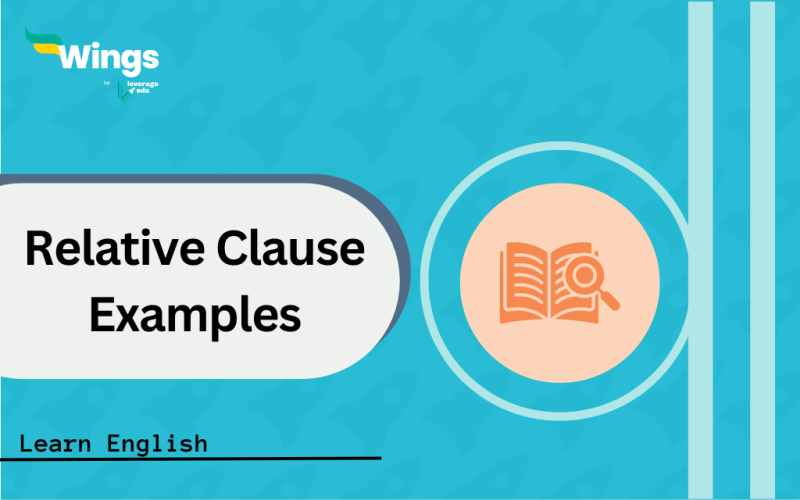If you are in the process of language learning, then you may have come across the term – Relative Clauses. This term is a common word in English grammar, however, it can be a bit tricky to understand. If you are a grammar nazi, then you must know that some common words which are part of the relative clause are whom, whose, that etc. To learn more about relative clauses, keep reading this blog to know about this and relative clause examples to get a better understanding.
This Blog Includes:
Must Read: All About Clauses
What is a Relative Clause?
A relative clause, also known as an adjective clause or adjectival clause is a type of subordinate clause that offers additional information in a sentence. This type of clause is used within a main or independent clause to modify a noun or a noun phrase. Moreover, it is always a dependent clause. This means it contains a subject and a verb without which the sentence is not considered complete.
Moreover, they are typically introduced in a sentence by a relative pronoun ( whom, whose, that or who) or a relative adverb ( such as when, why and where).
Here are some examples of relative clauses for you.
Common Relative Clause Examples
Relative Clauses can be divided into the following categories: who, whom, which, whose and that. Based on all these categories, here are some examples of relative clauses.
Whom
| Susan is the girl whom I was talking about. |
| Whom did they choose as their leader? |
| To whom did you lend your book? |
| Whom did you invite to the party? |
| He asked the man whom he had seen at the store for directions. |
Which
| Can you tell me which book you’re referring to? |
| The company is considering two candidates, both of which have impressive resumes. |
| She couldn’t decide which dress to wear to the party. |
| She wasn’t sure which path to take in her career. |
| He asked the waiter which dish was the chef’s speciality. |
Whose
| Any person whose identification is not up to date will not be able to board the flight. |
| They live in a house whose roof is full of holes. |
| The boy, whose sister is a renowned orator, is an orator himself. |
| The house, whose windows were shattered, seemed abandoned. |
| We discussed the project with the team, whose members offered valuable insights. |
That
| She believed that honesty was always the best policy. |
| The book that you recommended turned out to be a fascinating read. |
| He was certain that he had left his keys on the kitchen counter. |
| She told me that she would arrive by noon. |
| I believe that honesty is the best policy. |
Who
| Sheela, who is a teacher, also works as a social worker. |
| The girl who saved the little boy was appreciated by everyone. |
| My friend, who just moved here, is coming to dinner with us. |
| My cat who ran away a week ago finally returned home. |
| Children who hate chocolate are uncommon. |
Related Reads
FAQs
What are two types of relative clauses?
There are two types of relative clauses restrictive clauses and non-restrictive clauses.
How to identify a relative clause in a sentence?
To identify a relative clause in a sentence, keep in mind that they always begin with a relative pronoun.
What is in a relative clause?
Relative clauses always connect ideas by using pronouns that relate to something.
We hope this blog has provided you with all the necessary information on relative clause examples. To advance your grammar knowledge and read more informative blogs, check out our Learn English page and don’t forget to follow Leverage Edu.


 One app for all your study abroad needs
One app for all your study abroad needs












 60,000+ students trusted us with their dreams. Take the first step today!
60,000+ students trusted us with their dreams. Take the first step today!